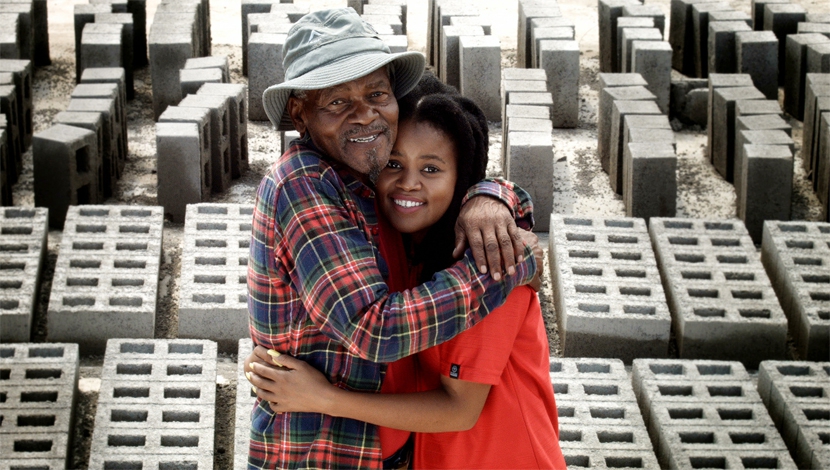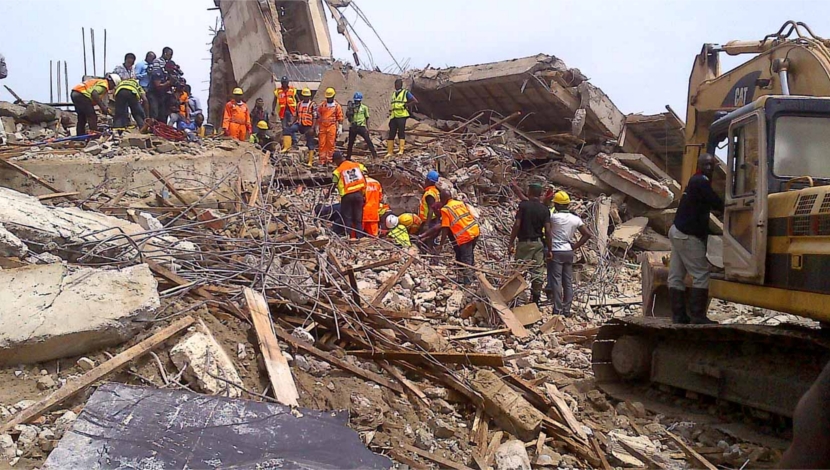

Bricks or blocks are important for any building; be it residential or commercial. There are different types of concrete blocks available in the market and the materials used in making of these blocks vary widely.
In view of its importance, stakeholders in the real estate sector have called on the federal and state governments to establish a body, empowered by legislation, to monitor quality of blocks.
This, they said, would help prevent cases of building collapse in Nigeria.
They made the call at a workshop organised by the Building Collapsed Prevention Guild (BCPG) Igando-Ikotun Cell, held in Lagos.
Chairman, Wasiu Akewusola, who is the General Manager, New Towns Development Authority, Lagos and Chairman, Association of Professional Bodies of Nigeria (APBN), Lagos State chapter urged all stakeholders to close ranks and work towards forestalling building collapse in the country.
He urged all stakeholders to be proactive in their efforts to having a better country and safer building industry.
President BCPG, Kunle Awobodu, said: “Lack of regulation in the production of blocks has been the major source of this problem. Block making business has become an all-comers affair. The machines for manufacturing blocks is easily fabricated without strict specifications and standards. There is no monitoring system for the quality of sand and water being used for block production,” he said.
Awobodu assured that his team would not relent in its efforts towards having a safer building industry in Nigeria.
Head of Department of Building, University of Lagos, Prof. Godwin Idoro cited a study by the Standard Organisation of Nigeria (SON) which indicated that only 5% of Nigerian blocks were produced to specifications. This implied that 95% of the sandcrete blocks in circulation or that were used for construction were substandard.
Idoro said that preventing the production of substandard blocks required the combined efforts of all stakeholders including governments and their Ministries, Departments and Agencies (MDAs), professional bodies, clients, designers and consultants, contractors, suppliers and block producers.
He added that there must be development of codes and standards by government agencies in collaboration with research institutions and professional bodies and regular training of block manufacturers on the standards.





